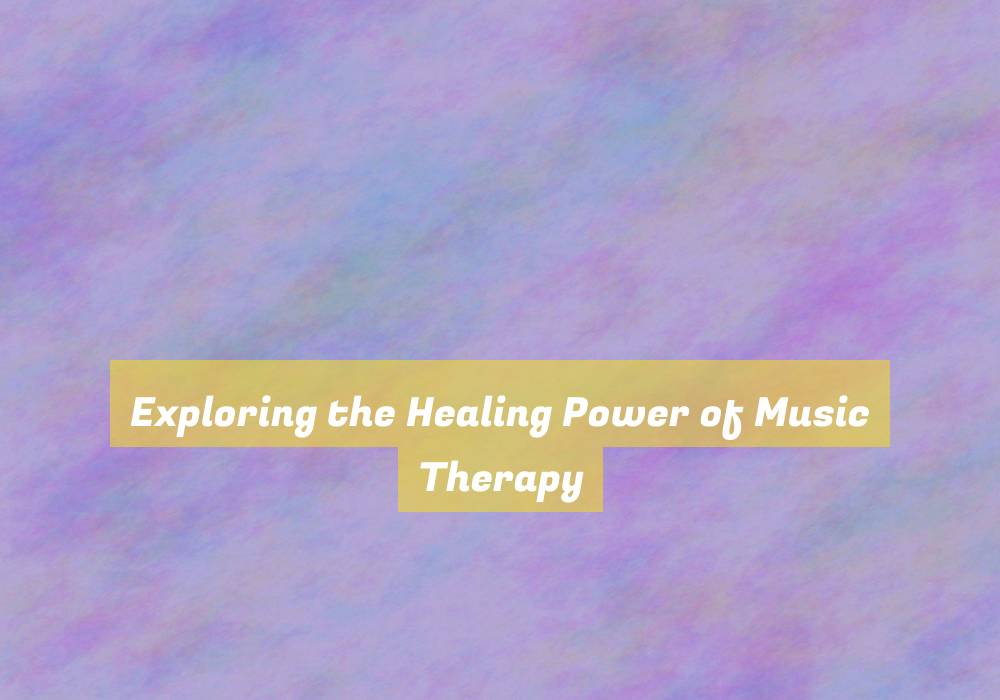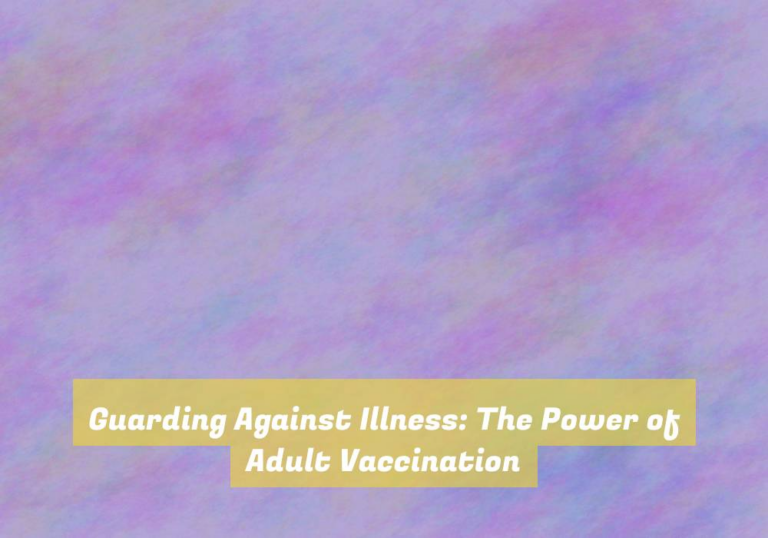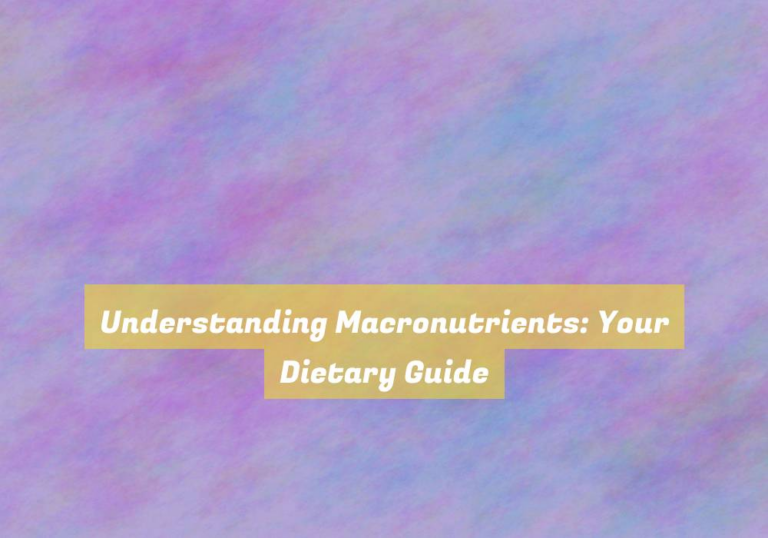Exploring the Healing Power of Music Therapy
You may be skeptical about the idea of music being a form of therapy, but the evidence supporting its healing power is compelling.
The use of music as a therapeutic tool has been studied extensively and has shown promising results in various healthcare settings. From reducing anxiety and pain in hospital patients to aiding in the rehabilitation of stroke survivors, the potential of music therapy is vast and intriguing.
As you consider the impact of music on your own well-being, you may find yourself drawn to explore the potential benefits it could offer in your life.
The Science Behind Music Therapy
Understanding the neurobiological mechanisms underlying music therapy can provide insights into its effectiveness and potential applications for various health conditions. When you listen to music, your brain processes the sound in multiple areas, including those responsible for emotions, memory, and motor control. This activation can lead to the release of neurotransmitters such as dopamine, which are associated with pleasure and reward. Additionally, music has been found to affect the autonomic nervous system, influencing heart rate, blood pressure, and respiratory patterns. These physiological responses demonstrate the intricate connection between music and the brain.
Furthermore, engaging with music can stimulate the production of endorphins, the bodyG??s natural painkillers, offering a potential explanation for the analgesic effects of music therapy. Research also suggests that music can modulate the immune system, potentially enhancing its functioning and aiding in the bodyG??s healing processes.
Incorporating this understanding of the neurobiological basis of music therapy into treatment plans for conditions such as chronic pain, neurological disorders, and mental health issues can pave the way for more targeted and effective interventions. By harnessing the power of music to influence the brain and body, music therapy holds promise for improving health outcomes across diverse patient populations.
Benefits of Music Therapy
Engaging in music therapy can have a positive impact on your emotional well-being and physical health. Research has shown that music therapy can reduce stress, anxiety, and depression. When you listen to or create music, your brain releases dopamine, a neurotransmitter associated with pleasure and reward. This can help elevate your mood and provide a sense of comfort and relaxation.
Additionally, music therapy has been linked to improved cognitive function and enhanced social skills, making it an effective tool for individuals with developmental disabilities or neurological conditions.
Moreover, music therapy can also have physical benefits. It has been found to lower blood pressure, reduce muscle tension, and improve overall physical coordination. In some cases, it can even aid in pain management. By actively engaging with music through singing, playing instruments, or rhythmic activities, you can experience a sense of empowerment and control over your body, which can be particularly beneficial for individuals undergoing rehabilitation or those with chronic pain conditions.
Applications in Healthcare
With its proven benefits for emotional well-being and physical health, music therapy has found diverse applications in healthcare settings, demonstrating its efficacy in enhancing patient outcomes.
In hospitals, music therapy is utilized to reduce anxiety and pain perception in patients undergoing medical procedures or recovering from surgeries. It has been observed to lower stress levels and improve mood, thereby contributing to overall faster recovery.
Additionally, music therapy is integrated into cancer treatment programs to help alleviate the side effects of chemotherapy, enhance coping mechanisms, and provide comfort to patients.
In mental health facilities, music therapy plays a crucial role in addressing issues such as depression, trauma, and substance abuse by promoting self-expression and emotional exploration.
Moreover, music therapy is employed in geriatric care to stimulate memory recall, cognitive function, and social engagement among elderly individuals, particularly those with dementia.
Its applications in palliative care have also shown to provide solace and promote a sense of peace for patients nearing the end of life.
Personal Stories of Transformation
In the realm of music therapy, personal stories of transformation often serve as powerful testaments to the profound impact of this holistic approach to healing.
For instance, imagine a cancer patient who found solace and strength through music during the challenging journey of chemotherapy. Through participation in music therapy sessions, they experienced a significant reduction in anxiety and pain, as well as an overall improvement in their emotional well-being. The soothing melodies and rhythm provided a comforting distraction from the distressing medical procedures, allowing the patient to focus on the positive aspects of life.
Similarly, consider a veteran struggling with PTSD, whose life took a positive turn after engaging in music therapy. By actively creating and performing music, they found a channel to express their emotions and confront their inner turmoil. Over time, the veteran noticed a decrease in the severity of their symptoms, and an increase in their ability to cope with daily challenges.
These personal accounts underscore the transformative power of music therapy in enhancing the lives of individuals facing various health-related struggles.
Conclusion
In conclusion, music therapy has been shown to have powerful healing effects on both the mind and body. From reducing anxiety and pain to improving mood and cognitive function, the benefits are vast.
Its applications in healthcare continue to grow, and personal stories of transformation highlight its profound impact. Whether itG??s using music to calm a restless patient or helping someone overcome trauma, the healing power of music therapy is undeniable.





